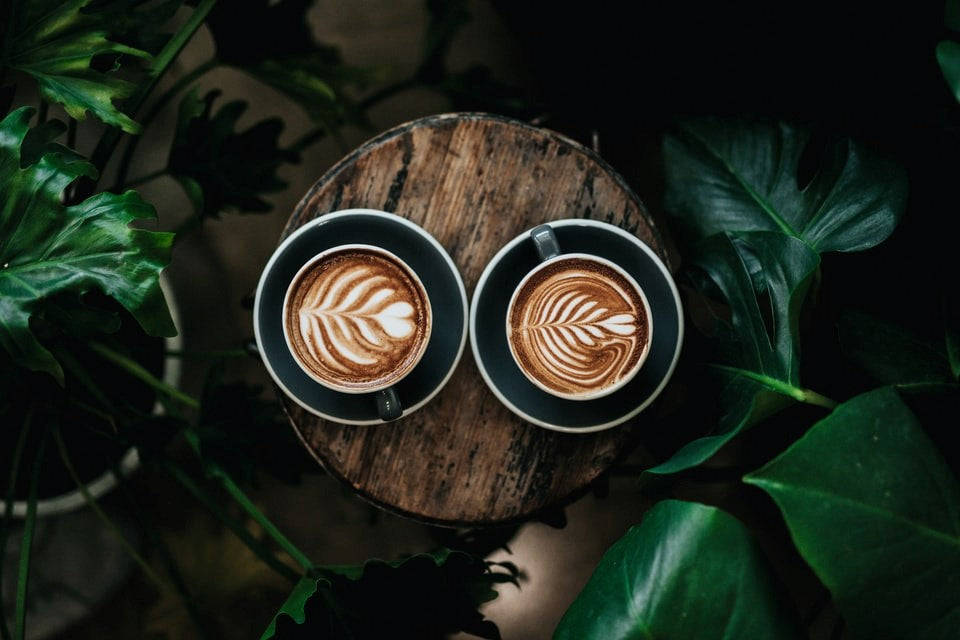When it comes to CBD and caffeine, there are a lot of misconceptions. Some people think that the two substances cancel each other out, while others believe that they work together to create a powerful synergy. So, what happens when you combine them? In this article, we will explore the effects of CBD and caffeine when used together and answer some common questions about their interactions.
What are the effects of CBD and caffeine when used together?
CBD and caffeine both have unique effects on the body. CBD is known for its' potential ability to reduce anxiety and promote relaxation, while caffeine is a stimulant that can increase alertness and energy levels. When used together, these two substances can produce some interesting effects. Some people report feeling more alert and focused when they combine CBD and caffeine, while others find that the combination helps them to relax and feel less anxious. There is no one-size-fits-all answer to this question, as the effects of CBD and caffeine will vary depending on the individual.
What is a CBD coffee?
A CBD coffee is a coffee that contains CBD. CBD coffees are becoming increasingly popular as more people learn about the potential benefits of CBD. These coffees can be made with either full-spectrum or isolate CBD and they often contain other beneficial ingredients like MCT oil or adaptogens.
More about caffeine
Caffeine is a stimulant that is naturally found in coffee, tea, and cocoa beans. It is also added to energy drinks, sports drinks, and some over-the-counter medications. Caffeine works by stimulating the central nervous system, which can lead to improved alertness and focus. In addition, caffeine can also help to improve physical performance. Studies have shown that it can increase strength and endurance, as well as improve reaction time. While caffeine is generally safe for most people, it can cause side effects such as jitteriness, anxiety, and insomnia
How does CBD interact with caffeine?
CBD and caffeine interact in a few different ways. Firstly, CBD can delay the absorption of caffeine, which means that it takes longer for the effects of caffeine to kick in.
It's interesting to note that the chemical structure of CBD and caffeine is very similar. When CBD is combined with caffeine, both substances enter the bloodstream and need to be broken down by liver enzymes at the same time. Depending on the capacity of the liver, the absorption will be slowed down.
This can be beneficial for people who want to avoid the typical negative side effects of caffeine such as jitters or a 'caffeine crash' often associated with coffee intake.
Additionally, CBD may enhance the effects of caffeine, resulting in increased alertness and energy. This is because a slower absorption is usually associated with longer lasting effects.
Whether you’re a coffee lover looking to add a little something extra to your cup or you’re interested in trying CBD for the first time, CBD coffee is a great option. Be sure to start with a small amount of CBD to see how it affects you, and always consult your doctor before adding any new supplements to your diet.
When should you take CBD coffee?
CBD coffee is best enjoyed in the morning. The effects can last up to six hours, so you don’t want to drink it too close to bedtime. If you’re new to CBD, start with a small dose (one cup of coffee with 1-2 drops of CBD) and increase gradually as needed.

How to make CBD coffee at home?
CBD coffee is a great way to start your day. It has all the benefits of regular coffee, plus the added benefits of CBD. Here's how to make it at home:
-Brew your coffee as you normally would.
-Add the desired amount of CBD oil to your cup. Start with a small amount and increase as desired.
-Alternatively, use a tiny amount of CBD crystals instead of the oil. Unlike the oil, the crystals will completely dissolve in the coffee.
-Stir and enjoy!
Are there any risks associated with using CBD and coffee?
CBD is generally considered to be safe, however there are a few potential side effects that you should be aware of. These include drowsiness, a dry mouth and an upset stomach. On the other hand, caffeine can increase heart rate and blood pressure, which can be dangerous for people with heart conditions. It can also cause anxiety, sleeplessness, and irritability. In large doses, caffeine can lead to gastrointestinal issues such as upset stomach, diarrhea and vomiting.
Who should not drink CBD coffee?
Pregnant or breastfeeding women should not drink CBD coffee. If you are taking any medications, it is always best to speak with your doctor before consuming CBD. This is because CBD can interact with certain medications.
People with sensitive stomachs may also want to avoid CBD coffee, since an upset stomach is a potential side-effect both substances have in common.

